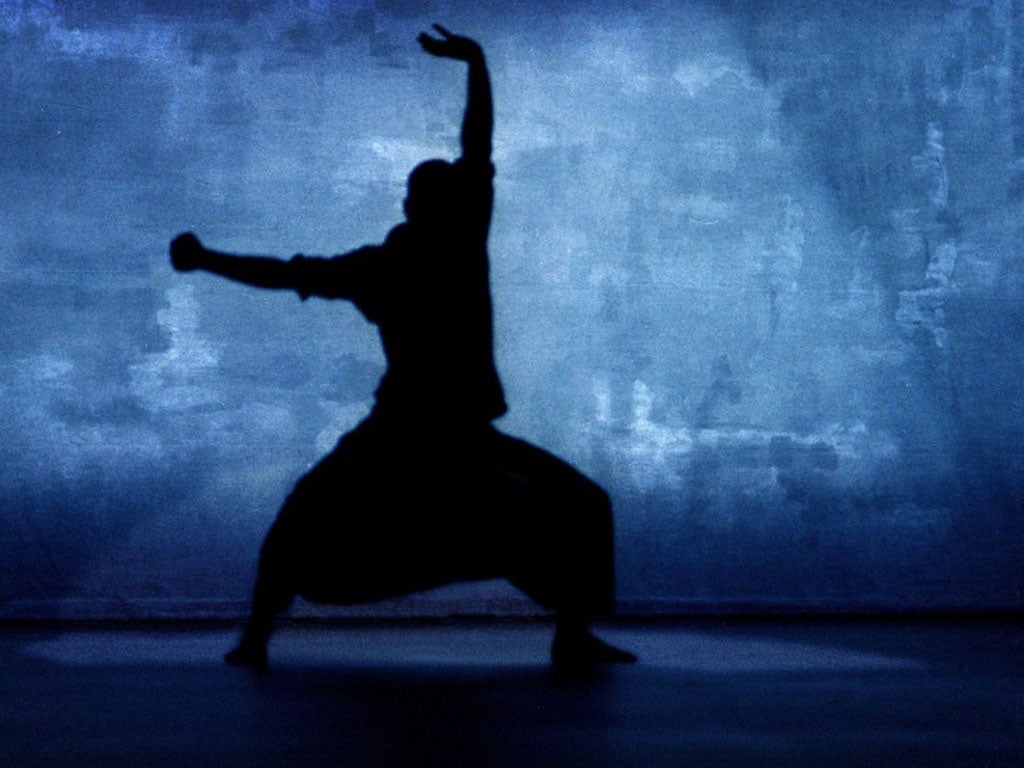Akram Khan: Desh, Sadler's Wells, London Richard Alston At Home, Robin Howard Dance Theatre, London
Loving tribute to family, history, and the birth of a nation

Your support helps us to tell the story
From reproductive rights to climate change to Big Tech, The Independent is on the ground when the story is developing. Whether it's investigating the financials of Elon Musk's pro-Trump PAC or producing our latest documentary, 'The A Word', which shines a light on the American women fighting for reproductive rights, we know how important it is to parse out the facts from the messaging.
At such a critical moment in US history, we need reporters on the ground. Your donation allows us to keep sending journalists to speak to both sides of the story.
The Independent is trusted by Americans across the entire political spectrum. And unlike many other quality news outlets, we choose not to lock Americans out of our reporting and analysis with paywalls. We believe quality journalism should be available to everyone, paid for by those who can afford it.
Your support makes all the difference.Love means never having to say you're sorry. But Akram Khan did it anyway, emerging in front of the misbehaving set of his sold-out one-man show to apologise for earlier hiccups and the decision to cut the final scene. That was on the opening night of the first revival of Desh (the Bengali word for "homeland"), itself delayed by six months after the dancer tore an Achilles tendon last spring. His production team were still fixing technical problems on the second night, delaying the start by half an hour. But that did nothing to dampen the enthusiasm of a crowd for whom Khan is now an international treasure, thanks to his prominence in the Olympics opening ceremony. "We love you Akram!" shouted someone at the back of the stalls at Sadler's Wells. And truly, I believe we do.
For what's not to love about a prodigiously talented performer who is prepared to shed an unflattering light on his younger self? Desh is part apology, part homage to the beleaguered homeland of Khan's parents, whose culture Akram had wanted nothing to do with as a teenage Londoner. When, in a painful recalled exchange, the disembodied voice of Khan senior waxes lyrical about the tall, lush grass on the small plot of land he owns in Bangladesh, all his son wants to know is whether it's the kind of grass you can smoke.
What's brilliant about the show is its deft interweaving of the personal and the epic, dipping in and out of the history of Khan's father (a humble restaurant cook), the turbulent birth of a nation, folk stories involving forest deities and magic bees, the impact of a monsoon climate, and the current realities of traffic-choked streets and call centres manned by tech-savvy 12-year-olds.
The spectacular stage designs of Tim Yip make such transitions possible, incorporating gorgeous visual animation by an outfit called Yeast Culture. A scene in which Khan tells a bedtime story to his lippy little niece (another touching, disembodied voice) morphs seamlessly into a grand visual set-piece, with Khan clambering into a cartoon forest canopy sketched in glimmering embroidery stitches.
What makes Desh a dance event as well as an ambitious multi-visual project (one shrinks from saying over-ambitious, despite the snags), is the shape-shifting presence of Khan for the full 80 minutes. Whether hurtling around the stage in a one-man embodiment of city-street chaos, or performing a twitchy, beard-scratching routine as his own father (his shaved skull, bent forward, inked with the older man's face), he is an extraordinary mover. The single disappointment is that he does not venture, beyond a few foot-slaps, into the classical Kathak dance territory where he is such a master. But that's a minor quibble, given what else he delivers, including an emotional honesty (with or without on-stage apology) that's rare among those who have made it to the top.
Richard Alston's best work now seems to be behind him – he gave a glimpse of it in a revival of Isthmus, an ensemble piece from 1985: sleek, snappy, and short enough to leave you wanting more. A new solo, Darknesse Visible, premiered at The Place last Wednesday and although stylishly performed by Pierre Tappon, battling the fashion faux pas of white tights, it failed to match the engrossing mystery of Thomas Ades's piano score, played live. The same was true of the revived Shimmer, set to a selection of Ravel, performed with scintillating authority by pianist Jason Ridgway but frankly overwrought in terms of choreography, and ludicrously over-dressed. The women just about survive the glitterfest of Julien Macdonald's unisex lace tunics, but the guys look like fairies off a Christmas tree.
The saviour of the evening is Alston's one-time protégé, Martin Lawrance, whose new work Madcap is a knock-out. Set to an onslaught of bullet-shot cacophony by Bang on a Can's Julia Wolfe (boy, can this woman build a climax), it brings the gut-tightening tensions of a cop thriller to contemporary dance, incorporating fights, flights and flash-bulb poses suggestive of falls from high buildings. I've never heard dancers pant so hard. See it on tour, or miss a treat.
'Desh': To Tues (0844 412 4300). Richard Alston: G Live, Guildford (0844 7701 797) Tue; Royal & Derngate, Northampton (01604 624811) 16 & 17 Oct; Festival Theatre, Edinburgh (0131 529 6000) 23 Oct; and touring.
Critic’s choice
Plus ça change. There’s a new director at the Royal Ballet, and he’s not about to rock the boat, although you might detect a greater emphasis on accessibility. Swan Lake, in Anthony Dowell’s old production, opens the season tomorrow, with 20 showings which are already sold out. You can catch one of them, broadcast live, in cinemas on 23 October.
Join our commenting forum
Join thought-provoking conversations, follow other Independent readers and see their replies
Comments